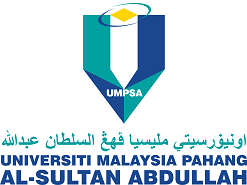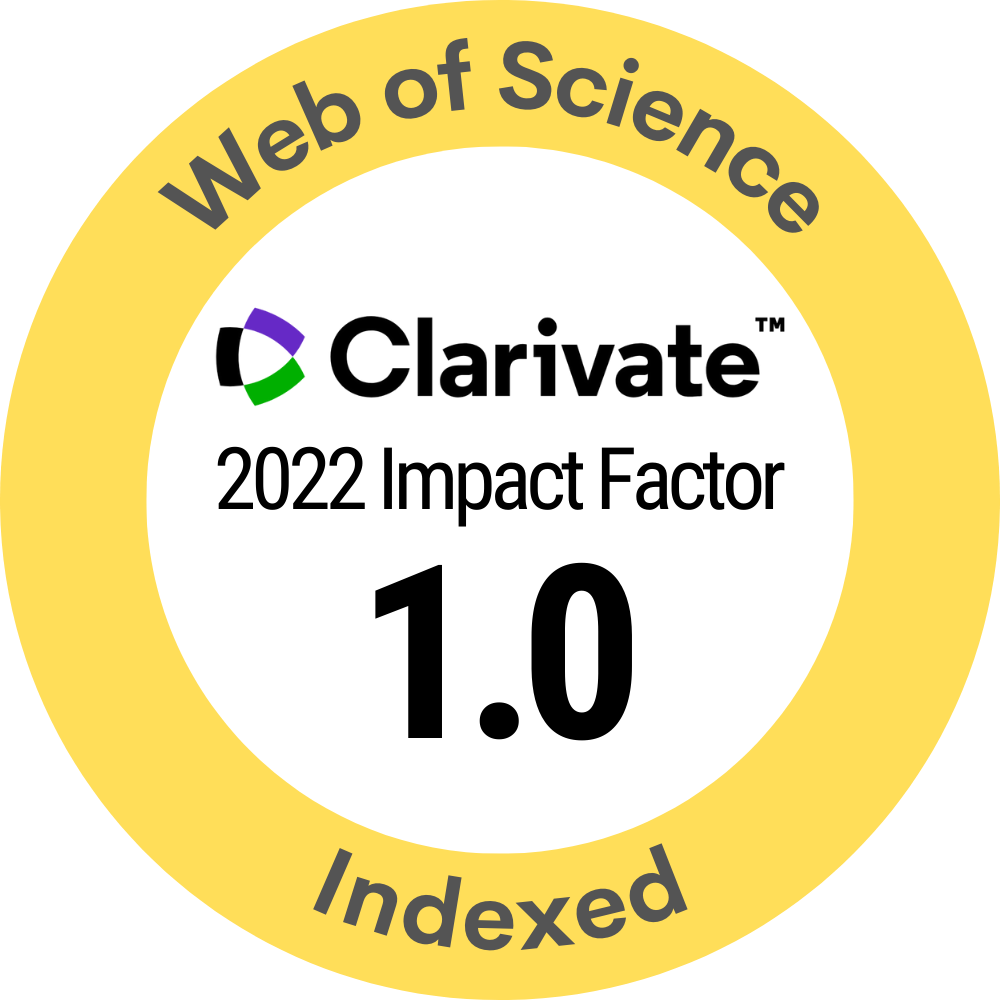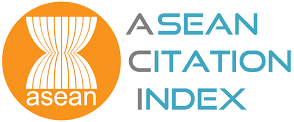

Indexed by:




International Journal of Automotive and Mechanical Engineering (IJAME) is committed to ensuring the highest standards of publication ethics whereas the publication malpractice is strictly prohibited by all possible measure. Our responsibility is to publish original work of value to the intellectual community in the best possible form and to the highest possible standards. We expect similar standards from our reviewers and authors. Honesty, originality and fair dealing on the part of authors, and fairness, objectivity and confidentiality on the part of editors and reviewers are among the critical values that enable us to achieve our goal. IJAME endorses and behaves in accordance with the codes of conduct and international standards established by the Committee on Publication Ethics. IJAME is committed to following best practices on ethical matters, errors, and retractions, and to provide legal review if necessary.
IJAME accepts manuscripts that have not been published elsewhere and are not under consideration for publication by other print or electronic media. The authors agree to transfer the copyright to IJAME editorial office. Download the Copyright Transfer Form.
